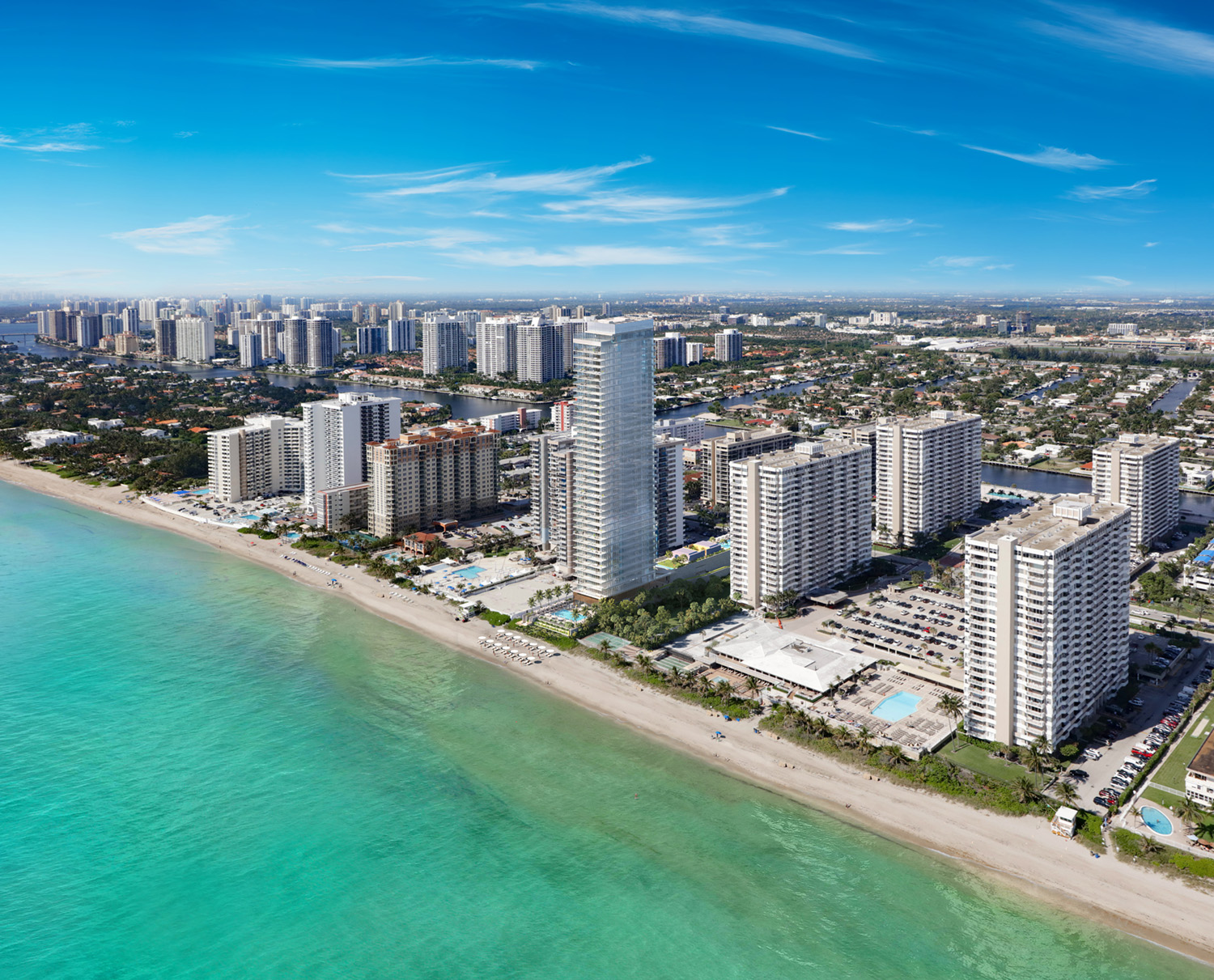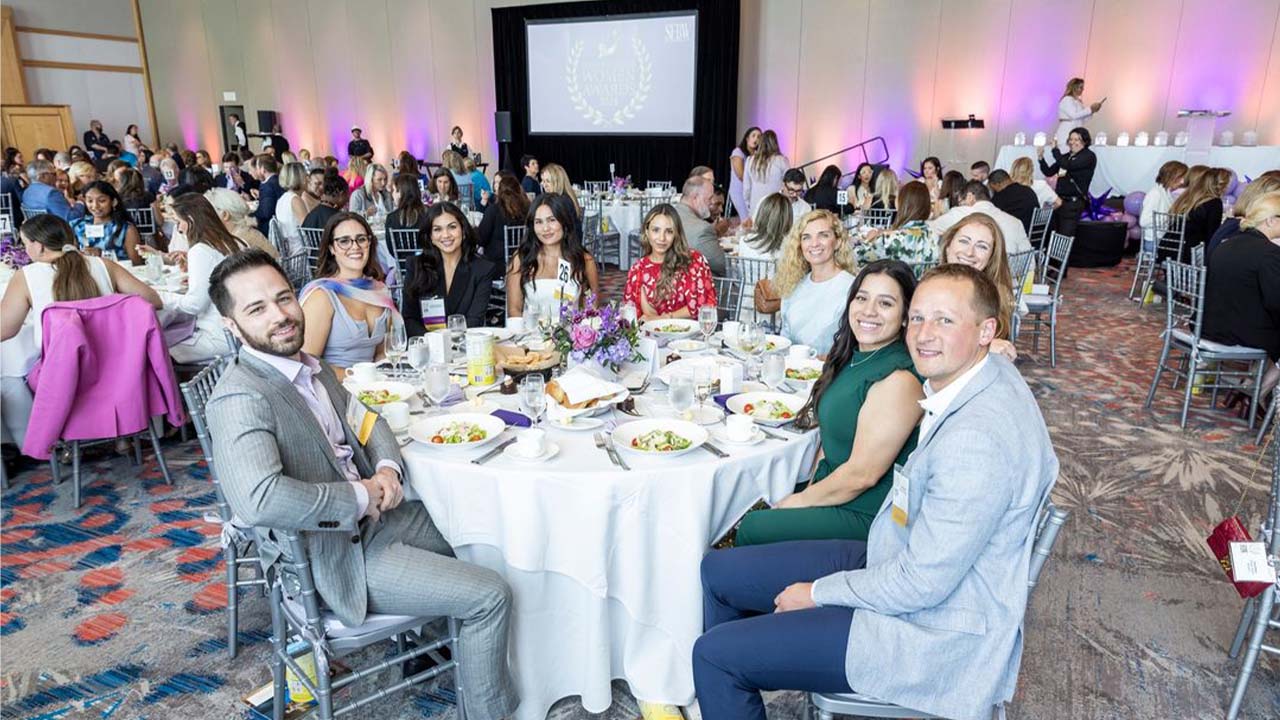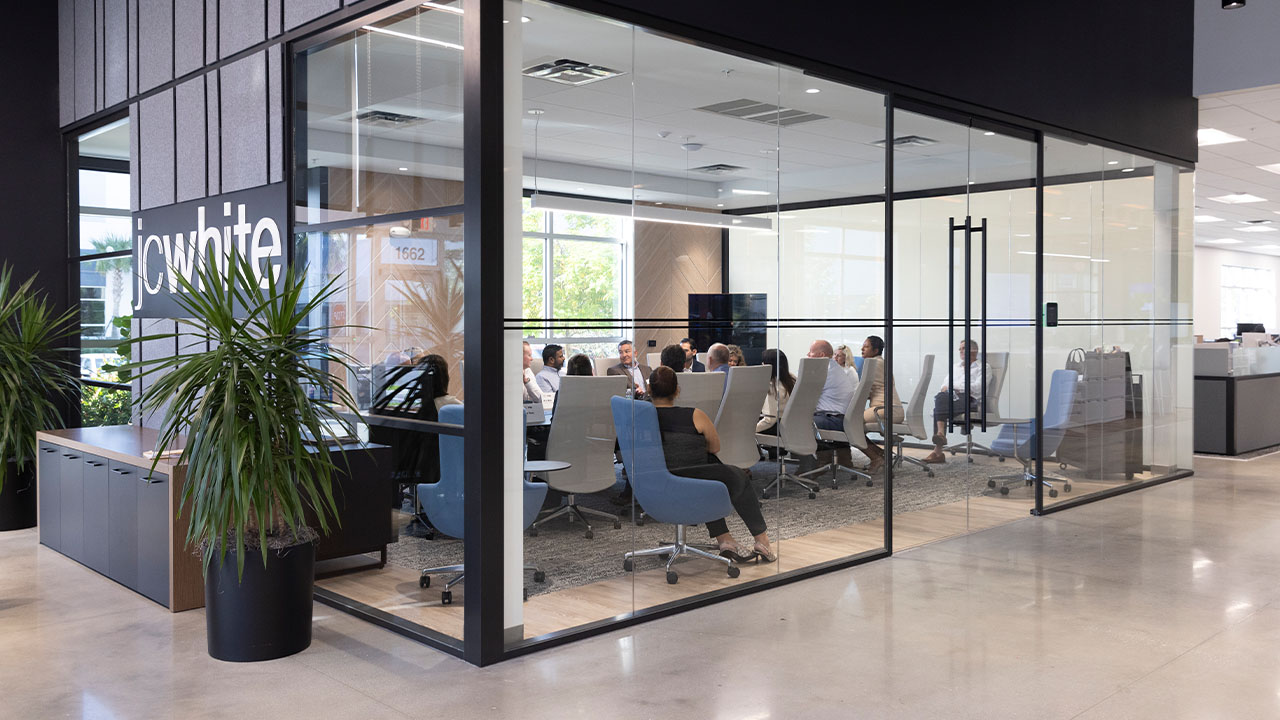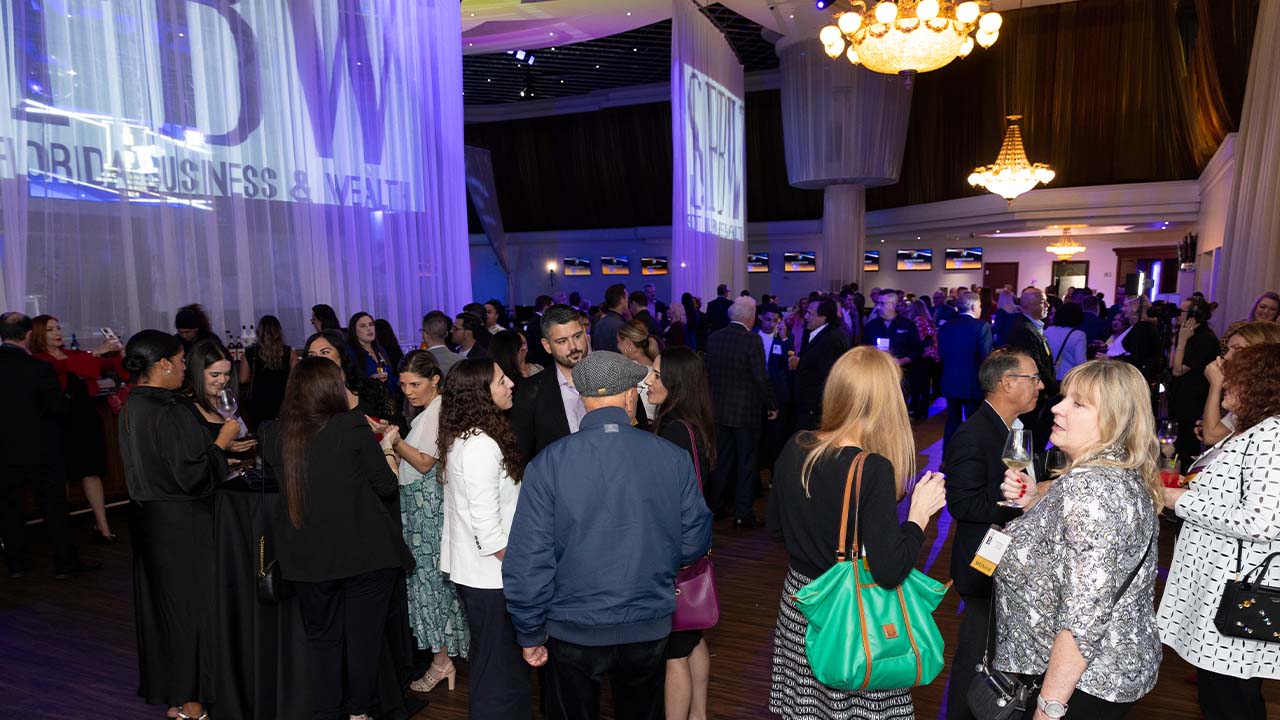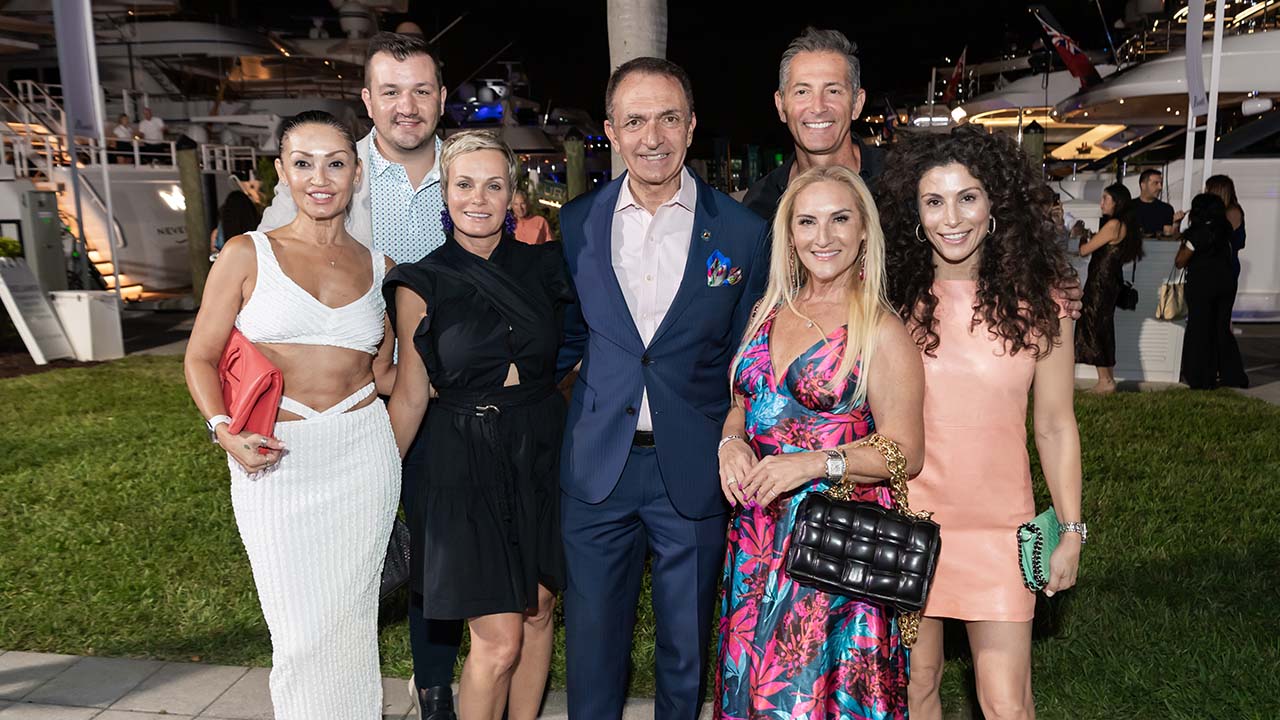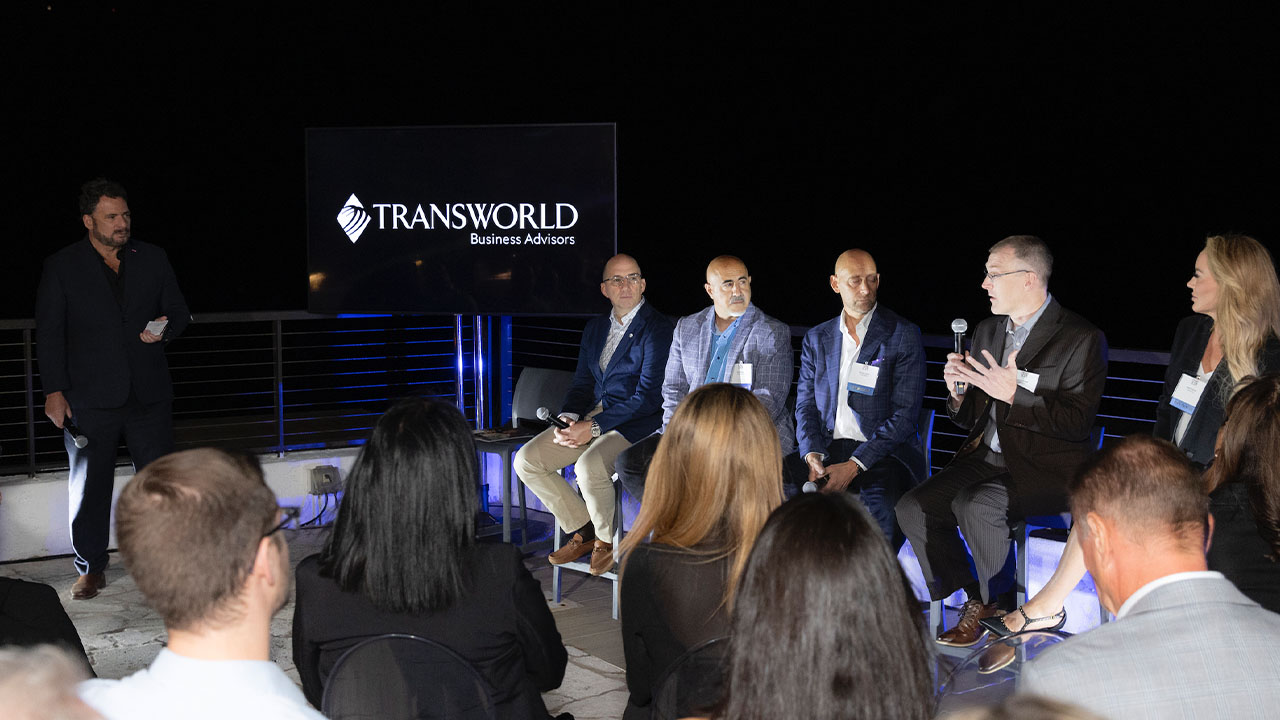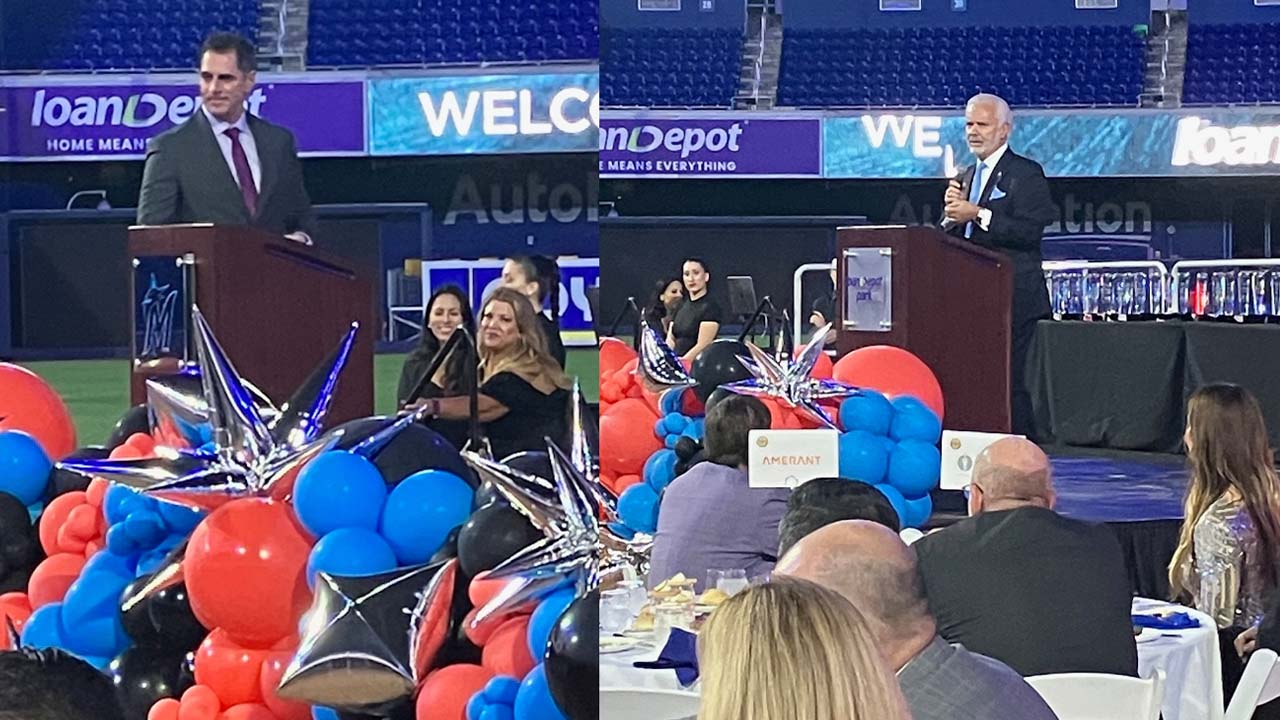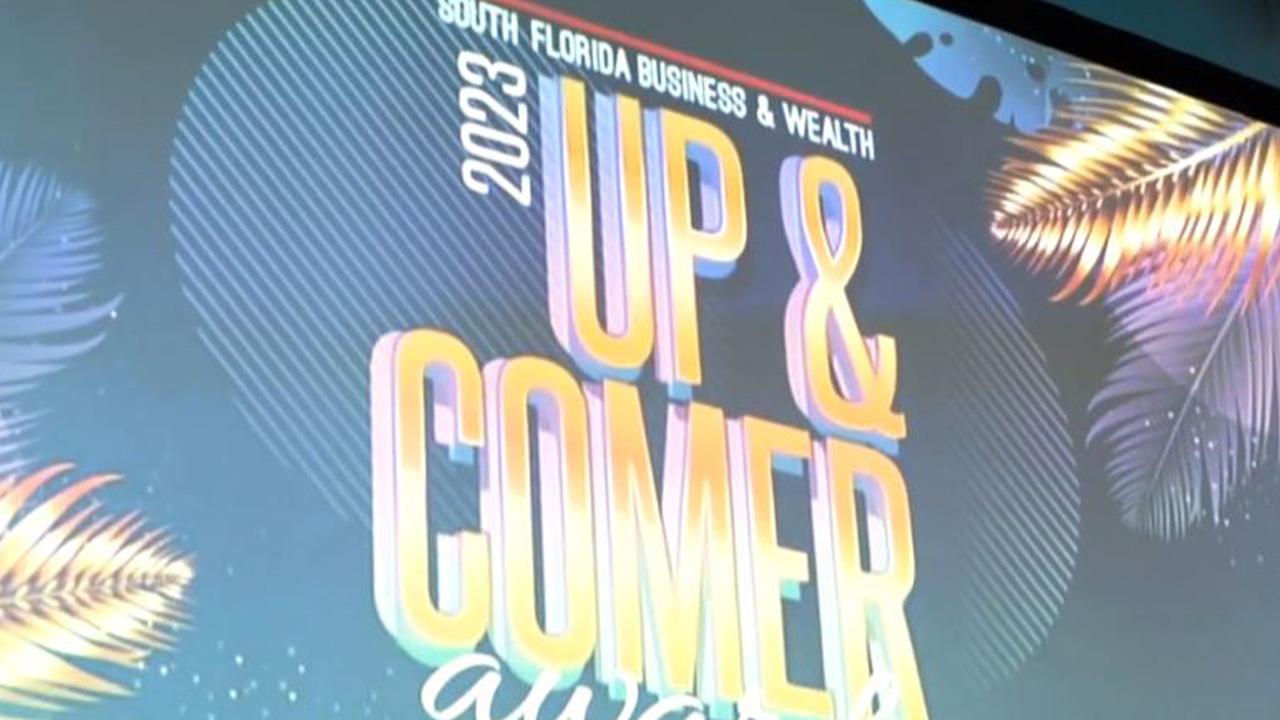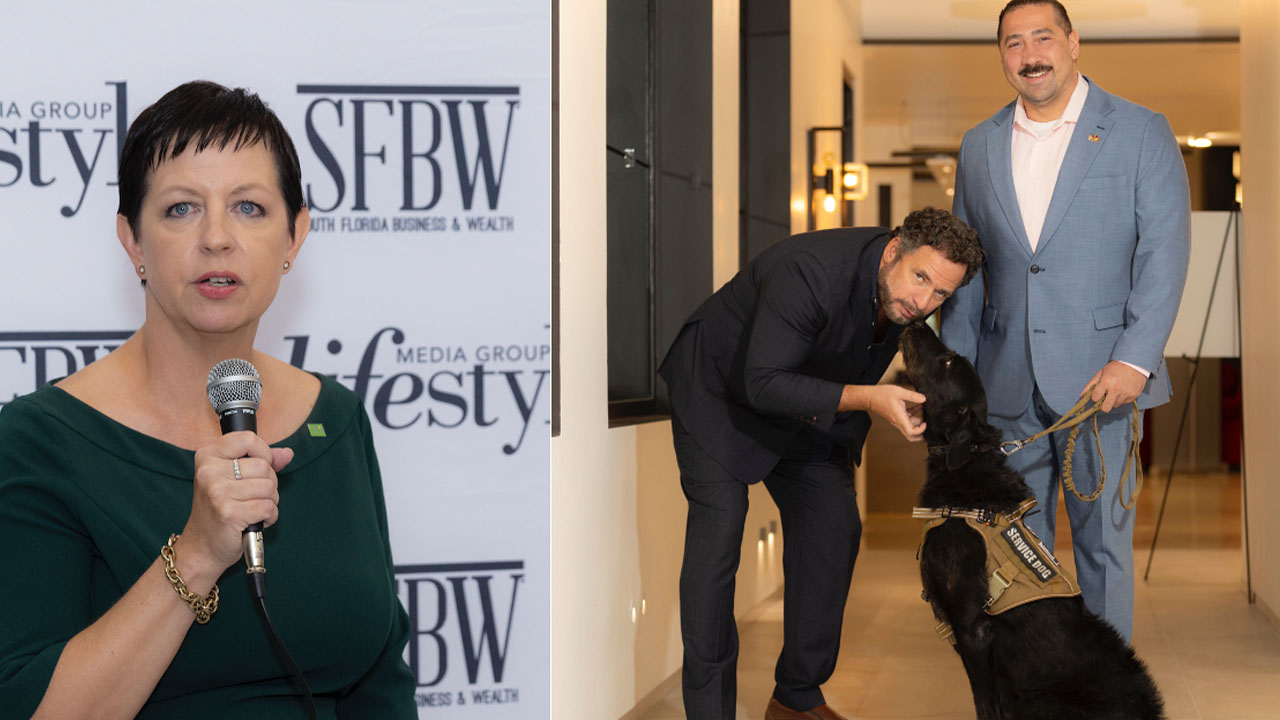[vc_row css_animation=”” row_type=”row” use_row_as_full_screen_section=”no” type=”full_width” angled_section=”no” text_align=”left” background_image_as_pattern=”without_pattern”][vc_column width=”2/3″][vc_column_text]
Presented by
 .
.  .
. 
SFBW began its new Virtual Connect series with a Zoom webinar, featuring Bob Swindell, president and CEO of the Greater Fort Lauderdale Alliance, Edgardo Defortuna, the president, CEO and founder of Fortune International group, and Shahab Karmely, CEO of KAR Properties, developer of 2000 Ocean in Hallandale Beach.
The topic was looking at the continue prospects for personal and business relocations to South Florida. The trend has accelerated in recent years and the panelists outline why the trend will continue and likely get stronger.
The webinar was moderated by SFBW Editor-in-Chief Kevin Gale. Here are some of the highlights edited for brevity and clarity.
Introductory comments
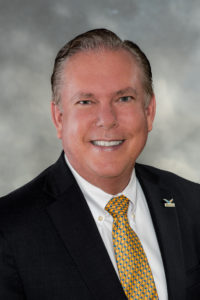
Swindell: We’ve been successful with campaigns that hopefully some of you have seen, that included television commercials in key markets like New York, Connecticut, New Jersey, Chicago and Boston. We ran our “Life Less Taxing” commercial. It featured one of our icons, Wayne Huizenga, with a great punch line, “Hey, it’s not what you make, it’s what you keep” We’ve also shifted now into more videos—we have short videos that are industry specific to talk about key industries in Greater Fort Lauderdale.
Another campaign that we’ve been using recently is to brand our concentration of technology companies in South Florida, which is our Tech Gateway campaign. That’s got the tagline “Work in the cloud. Live in the sun.” I don’t think in today’s environment, anything could resonate more powerfully with what we’re dealing with right now. And finally, as part of our talent branding campaign, is “Live Where You Vacation” and part of that was focusing on spring break. It’s about attracting talent. Today’s talent is more mobile and people when they graduate are a lot more flexible in choosing where they live and then finding the job when they get there. We want South Florida to be in the top three or four locations that a potential graduate would consider. So, we actually did radio ads with some of our member partners. We did geofencing, really focused on quality of life.
I have received at least five communications either by text or email from folks I know in the Northeast that have shared that there’s renewed interest in South Florida. I will tell you population density, which is maybe an unspoken criteria, is one that folks are going to start thinking about more frequently. I don’t want to take advantage of another community’s misfortune, but the fact is you’ve got great restaurants, great cultural venues, all the trappings of a larger city in South Florida, whether you choose Miami, Palm Beach or Fort Lauderdale. I think that’s going to really help fuel a faster recovery.
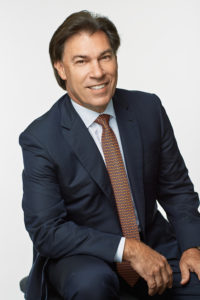
Defortuna: We are a vertically integrated real estate company that includes a brokerage organization with over 18 offices and more than a dozen real estate agents in South Florida. We have a development sales organization that sells development projects for our team developers all over South Florida. We have a development arm developing some of the best projects in the waterfront all throughout Miami and Broward County. It’s really great to continue to promote South Florida all over the world—we’ve been doing it for over 20 years now. We’re in a great position to be able to really explore the markets that need to come to Florida. They all are looking at us and the lifestyle that we’re all living.
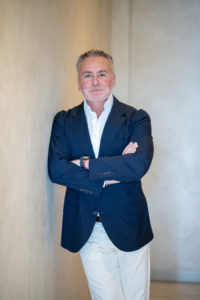
Karmely: My real estate career began in 1985 in New York City. Through the ensuing years, we’ve been involved in the development of different aspects of real estate products—office, multifamily, condos—positioning in New York, in Europe and Southeast Asia and, as of 2014, with a particular focus on South Florida, Miami and Broward County, both urban and waterfront. It’s no small secret that I am a big fan of Florida and a big fan of the macro trends. I happen to be a big fan of Edgardo, and he’s one of the reasons that I became involved with Florida and became involved with 2000 Ocean. I saw his vision and his belief in this market.
Bob, what are you hearing from businesses here in terms of how they’re getting by and planning to resume normal operations?
Swindell: Tourism is a huge part of South Florida’s economy. But when I talk to friends in Central Florida, you begin to realize how even more deeply they’re going to be impacted by this. We were fortunate that as a community, as a region, that we really focused on diversifying our economy.
Look at the benefits we get as locals with a bigger selection of restaurants and things to do that our population couldn’t support if we didn’t have so many visitors coming into South Florida. I was on the phone earlier today with Mike Weymouth, who owns the Riverside Hotel, and Tim Petrillo, who has a lot of restaurants, Yolo being one that you probably are all familiar with. Everyone is conscious about employee safety and guest safety. Obviously, we need to build confidence in the public that they can go out and be safe in restaurant venues and outside. We hope that there’s pent-up demand. But, we all know that there’s going to be some reluctance. I’m really proud of the folks I see when I’m around Fort Lauderdale. They’re using facemasks and are respecting personal distance—they’re trying to do the right thing. So, I think that’s sort of been adopted.
One of our restaurants has a program called the 10 Commandments for Hygiene and the things that you do when you first come to work and how you prepare yourself. Some restaurants are doing things like bagging the utensils. They’re looking at obviously spacing, you know distance between tables and maybe 25 percent capacity and then 50 percent capacity, spacing people out. There’s even some crazy ideas like, what if we were to close down Las Olas Boulevard from four o’clock on Friday to Sunday, early morning, and allow folks to have extended outdoor dining. People like alfresco dining and they feel safer eating outside.
We can’t cast all retail businesses into one type of classification or have regulations that cover all retail and retail is such a varied industry. So again, trying to incorporate some common sense.
We have got to get business back on track sooner than later. We all understand the health concerns and we totally respect that. But at the end of the day, the economic carnage that’s been caused by this, even if we extend by another three or four weeks is going to be something that’s going to carry into 2021. And I think we’ve really got to focus on how we can safely open things up.
The last thing you want is a double spike in people contracting this disease, but we also have to balance the economic impact of the current prohibitions and what they’re having on our economy that’s going to last for a while.
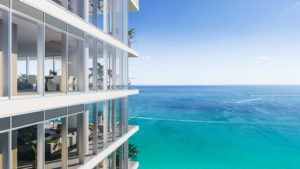
Shahab and Edgardo, in my reporting, there seems to be some agreement that South Florida will continue to be attractive for people relocating and we might even be more attractive. Your thoughts?
Karmely: I’ll go first as I am in New York right now. It is it is without doubt that the appeal of South Florida compared to the northeast population centers, particularly New York, has been increasing in the past several years. Several factors. including people realizing the lifestyle, a greater flowering of diversity of options in South Florida hotels, restaurants, the growing international scene and the tax laws that were passed. All of those have worked very well together in bringing focus to South Florida as a destination for Northeasterners. We’re reaching that tipping point. Humans are herd animals. Our friends are down there, we want to be down there. So, I’m seeing that with New York. I have kind of had one toe in the water with moving to South Florida. This is a trend that’s been accelerating. Where else do you have the same combination of outdoor beauty? Miami is one of the world’s beautiful cities and this is from somebody who lived in the four corners of the world. It’s a beautiful city and the climate speaks for itself. You have world-class educational organizations, banks, finance, health care. We were talking about density. I think one of the things that’s going to stay with us for a while is a fear of density. That fear of not being stuck in places of great density is going to play a role in having people move out of cities like New York City, down to Miami and to Fort Lauderdale and Palm Beach.
Defortuna: We said that in New York they have a name for our walk-in closets—they call them apartments. Really, this exemplifies the type of product and lifestyle that you can have here in South Florida and really enjoy all the urban benefits with the benefits of being able to live outdoors and enjoy the lifestyle that that this wonderful city and this wonderful area provides. We’re in a great position in South Florida to take advantage of the movements of people that are going to want to continue to live here more and more either as a primary home or a secondary home.
An article in the Wall Street Journal said smaller cities are growing in popularity nationally and it seems to me like your 2000 Ocean project and Hallandale Beach are positioned to take advantage of that.
Karmely: 2000 Ocean in many ways is a Goldilocks project. When I was coming up with the concept of 2000 Ocean, I had not been to Hallandale before. I had always been to Fort Lauderdale and Miami. I saw this beautiful beach that is kind of equidistant to two great international airports. It’s sleepy, but had a cool vibe to it and it did not have the little bit of the noise that locations further south have, and it was also close to Fort Lauderdale if you wanted to go and have a different type of nightlife. This is why I found it very appealing.
Our concept was let’s build homes in the sky, let’s not go after necessarily the investor or the flip market. What are the amenities I would like to have, myself? We limited the number of the units in the tower. Our units are half-floors approximately 3,000 square feet and full floors that are 6,000 square feet, which compares very well to a midsize or large home, and we wanted to offer every amenity and then combine that with the ease of vertical apartment living. The fact that we’re surrounded by low density low-rise buildings allowed us to position this tower and achieve the height where there are 360-degree views for the whole floors.
Bob, how do you see this trend continuing?
Swindell: The folks that have contacted me recently are really from the private equity and hedge fund side of the profession. So, higher net worth individuals that, for the most part, could work remotely. I think folks are realizing that with great air service in and out of South Florida, you can have direct flights into any major Northeastern city.
Talent has become more and more portable. Our goal is to put South Florida high on the list of desirable locations and then choose your occupation. But I think more and more people are becoming more comfortable with this idea of working remotely. As was mentioned earlier, the federal tax policy changes made South Florida even more practical. Clearly, the financial impacts on government are going to be a huge part of what’s left behind after we move past COVID-19. Florida has as a balanced budget and it’s been running well as a state. I’ve encouraged the governor and some legislators, that if we’re ever going to borrow money to help our economy, now’s the time to do it. It’s cheap to rent money right now and Florida’s got a great credit rating, AAA bond rating, as does Broward County and I think the other counties are equally strong.
We have suspended a lot of our relocation marketing right now. But the intent is to keep our powder dry, they will more than double down and they’ve got deep reserves, so when this thing starts to turn, we want to get that message out there.
Our business development team is busy. David Coddington leads our business development folks. He’s got two projects right now combined with about 1,700 jobs.
There’s a lot of wealthy people who have second, third maybe even fourth homes down here. Are you seeing any signs that some of those folks might be looking to make South Florida their primary residence?
DeFortuna: Oh, absolutely. We see it all the time. I mean, not only from the Northeast, but obviously from the wealthy all over the world. People are all over want to be in South Florida and either now or in the future want to make it their home. Shahab does an ocean project with an international renowned architect and also put in a product that really compares very favorable to any of the projects in Miami. We did a project with Related, called Auberge Beach, in Fort Lauderdale that really in the quality of the product and the design can withstand comparison to any project in Miami. But more and more there is a lack of sites on the ocean. It’s forcing us as developers to move north and we are going to get not only the quality of development and quality of architecture and product that we’re getting in Miami, but also that brings with that activity the restaurants and all the things that come together with the customer that is demanding and wants the best quality for everything.
Karmely: One of the things that should be mentioned is that even back as close as seven, eight years ago, when Miami was referred to as an international city, it really meant U.S. It was an American city and there was a very beautiful vibrant Latin element to it. But today when we talk about Miami being international, it is truly international. It’s Latin and Central America. It’s Canadian. It’s European. It’s eastern European. You really have this amazing mixture of people, talented people, entrepreneurial people, who have come to Miami not to visit, but to stay and live. A lot of these people are people that have the ability to live in different parts of the world. It’s a proactive choice being made by people who have options. They have been exposed to different parts of the world. They are looking for a certain quality of life, not just in terms of nature, but also in terms of what is around them—schools, whether it’s primary or secondary, the cultural venues, the artistic venues. This has expanded exponentially, talking about architecture, for example, in South Florida. In the past seven years, the who’s who of international market architects doing projects in Miami is phenomenal. I don’t know of any other city other than New York or Shanghai or maybe Dubai that can compare to Miami in the number of high-profile, world-renowned architects and also brand partners, including 2000 Ocean with Enrique Norten. Our designer, Minotti, is one of the most highly praised or the most exclusive designers of furnishing interiors in the world. It took me a year of chasing them until they finally decided to do this project. It’s a testament to Broward that they did not turn around and say, “Our first project that we’re doing, we want it to be in New York or even Miami.” ♦
About virtual Connect
SFBW’s Virtual Connect events were created to bring together subject matter experts behind the ever-changing COVID-19 conversation.
Presenting sponsors were Kar Properties, Fortune International Group and the Greater Fort Lauderdale Alliance.
Partnering with SFBW on this event provides an opportunity to network with the area’s business elite, generate new business opportunities and increase brand awareness. For information about event sponsorship opportunities, email Clayton Idle at Cidle@sfbwmag.com.
[/vc_column_text][/vc_column][vc_column width=”1/3″][/vc_column][/vc_row]



